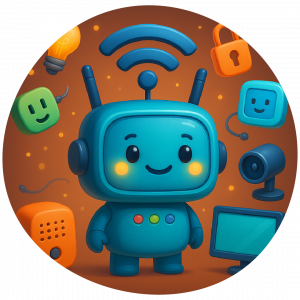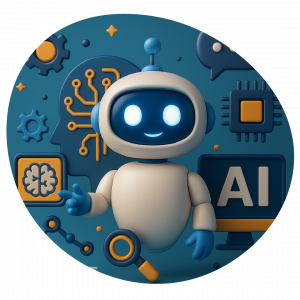The Start of a New School Year in a Transforming World
A new school year has recently begun. Both private and public educational institutions face the challenge of starting a new school year, while those on the northern hemisphere calendar are tasked with recovering the conditions for learning after a significant break. And all of this is happening in the midst of a world in crisis, influenced by disruptive technological advancements, with unclear real-world impacts of the fusion of artificial intelligence and mechatronics, excessive information available, and the need to learn how to navigate between truth and falsehood.
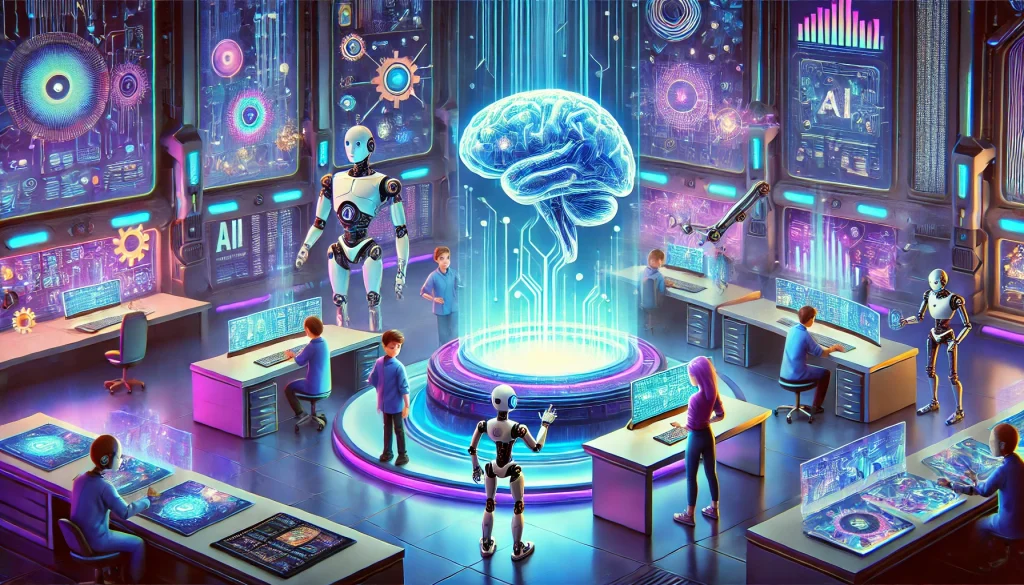
And many of us may be terrified by the whirlwind heading our way. How do we keep our school relevant and aligned with its mission and vision amidst such rapidly changing circumstances? What is the purpose of learning in a world where simply asking the right questions to artificial intelligence engines might suffice? What capacities should we emphasize then? How do we face our mission of shaping capable, good individuals with the skills to lead a successful life? And what does success mean?
The Role of Education in the Digital Age
As educators, we have the obligation to give ourselves space and time to reflect on these crucial topics, for which there will not always be a clear answer. Now, more than ever, it is important for each institution to have a clear understanding of its academic goals and its social development objectives. As an educational expert once said, in these times, it is necessary to have a clear vision of the “other objectives of education.” He was referring, of course, to the ability to live in peace and harmony, the development of emotional intelligence, resilience, and empathy.
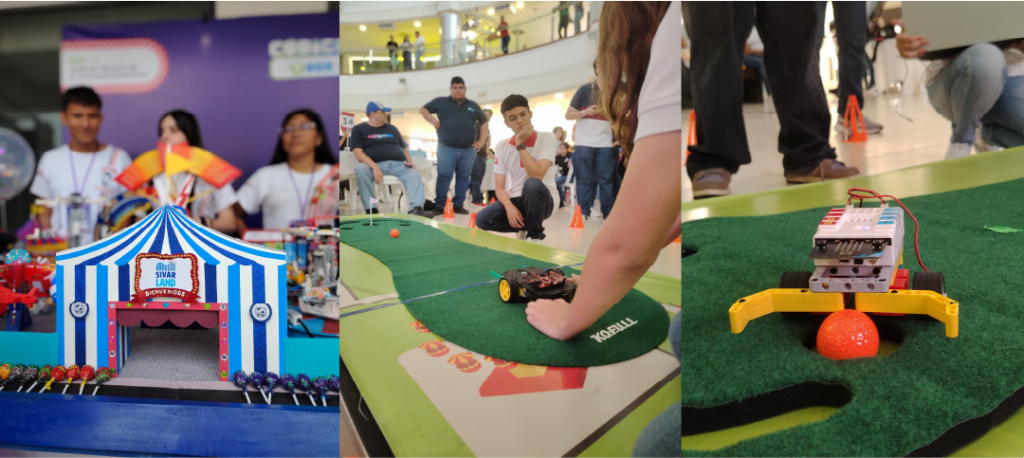
As TBox, from the very beginning, we established essential competencies that went beyond technology. These competencies are periodically reviewed in light of technological development and the available tools. We have always understood that the success of our students is tied to these other competencies, not just academic and technological ones. These essential competencies are as follows:
Creative and Relevant Use of Technology
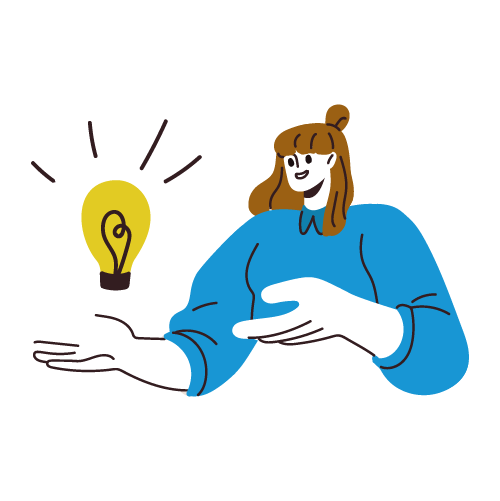
Efficient and Responsible Management of Information
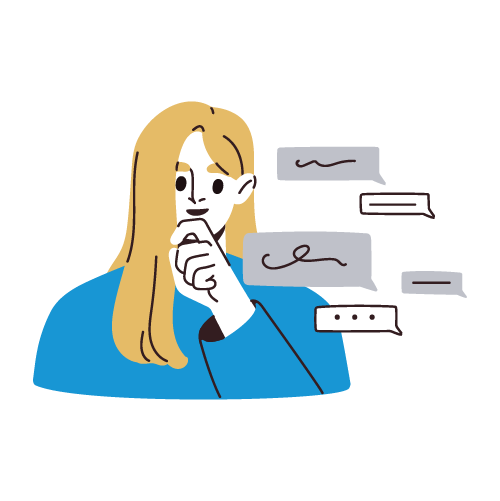
Effective Communication of Ideas and Opinions

Collaboration and Teamwork

Problem Solving

The “Why” Always Matters! Students know they have the challenge of learning technology, but they must also understand why and how they will use it. We must not expose our students to opportunities for deep learning without transversal content that helps them identify the answers to these questions: Why? How should I use it? At TBox, we have enriched the curricular projects with topics on digital citizenship, precisely to make a serious effort to guide students in this learning process with responsibility.
Curricular Solutions to Shape Integrity-Focused Citizens
At TBox, we design curricular solutions that support educational institutions in this effort to contribute to the development of well-rounded individuals. We do not intend to replace the necessary pedagogical mediations that teachers and instructors must carry out. We simply aim to provide exquisitely designed curricular material to enable them to achieve the dual objective of motivating the development of technological competencies and the development of integral individuals.
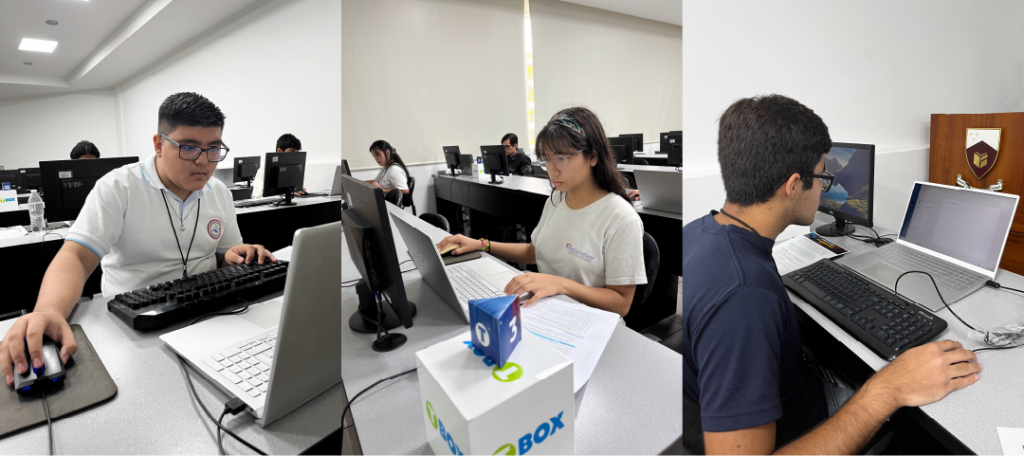
We hope that in 2025, TBox will be able to showcase its solutions to more eager students and institutions. We are convinced that our projects, now integrating artificial intelligence tools, meet international standards and cutting-edge technological trends, and are up to the highest demands—not only in technology but also in those essential competencies that help us in our mission to equip Latin America with responsible and capable citizens.

